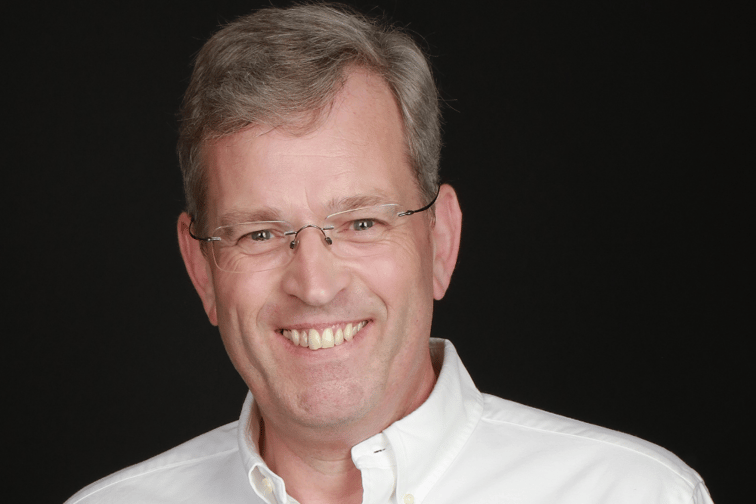

The individuals who make up the insurance profession come from all walks of life. Whether joining straight out of school or following the completion of an unrelated degree, for many the decision to become part of the sector is the product of opportunity as opposed to active deliberation. And this is a fact that should be celebrated for the incredible variety that it brings to the industry, believes Phil Scarrett (pictured), the managing director of Woodgate & Clark.
For Scarrett, whose career prior to running the loss adjusting firm saw him undertake a range of roles from technical claims to broking distribution to being a director at a regulated insurer, the advantages that diversity of experience can bring are unmistakable. There is little doubt that loss adjusting has a significant talent gap, he said, when the 10-year horizon of the sector and the profile of the cohorts of adjusters coming through the system is examined.
“You can certainly start thinking, well in 10 years’ time, who’s going to be able to turn up at a 20-million-pound hotel fire, and have the confidence, the skills and the resources to pull that back together again?” he said. “And so, over the last year or two, we’ve been focusing on career and succession planning.
“I think most adjusters are fine right now, but the average age profile has deteriorated over time. So, we know that there’s going to be retirements coming up in that five- to 10-year period that will leave a hole, and we’re looking to make sure that we have a plan to fill that hole.”
Scarrett is passionate about working to bridge that gap and he believes that the key to doing so lies in communicating exactly what the work of loss adjusters entails. It can sometimes be seen as a mysterious art, he said, and in previous roles when he has looked at university graduate entry programmes, he has seen that a lot of university students think of financial services as life insurance and investment planning. They don’t necessarily consider general insurance and, in particular, claims.
There’s a bit of messaging to do here, he said, and a key part of this is conveying the social good of loss adjusting and how rewarding it can be to work in the sector. Loss adjusting is about solving problems for people and, when a firm is allocated a claim, it has the opportunity to provide support to a company that is facing some kind of disaster. Being able to help these companies get back up and running as quickly as possible is a great feeling, as is working alongside people with a similar attitude and outlook.
At the moment, he said, there is also an opportunity for loss adjusters to think more flexibly about the pipeline of future talent and to potentially look beyond the insurance industry. A lot of the work that Woodgate & Clark does requires Chartered surveyor input, he said, and so looking at the construction and engineering sectors offers new opportunities to find talent. Bringing in these professional people and training them in insurance is a strong alternative route to reaching that senior technical level.
“We’ve got plenty of insurance folks who can interpret what a surveyor might think about a building and what needs to be done to it. Looking outside of the profession to fill those technical roles is something that we, and I know my colleagues in other adjusting firms, are looking at,” he said. “And there’s an increasing need for accounting skills as you have adjusters dealing with business interruption losses. So, again, it’s useful to bring in a Chartered accountant and train them in insurance, as opposed to just always trying to train an insurance guy in how to do a big claim.”
Scarrett noted that there are many women graduating in the surveying sector, which offers new opportunities for loss adjusting firms to consider a different route to addressing the talent gap. The gender profile of the loss adjusting profession has also changed a lot, he said, and is continuing to shift. The latest statistics from the CII highlight that there is a strong cohort of women coming into the sector and becoming qualified which bodes well for the future. There is still some way to go, but inroads are clearly being made.
